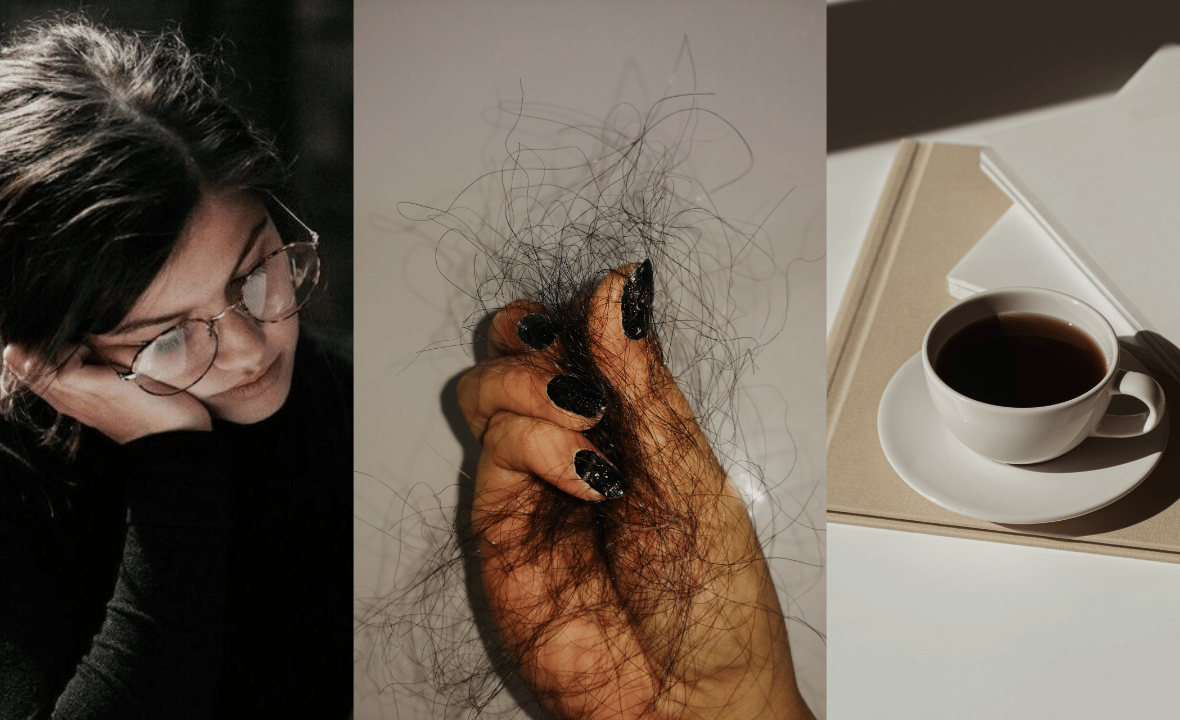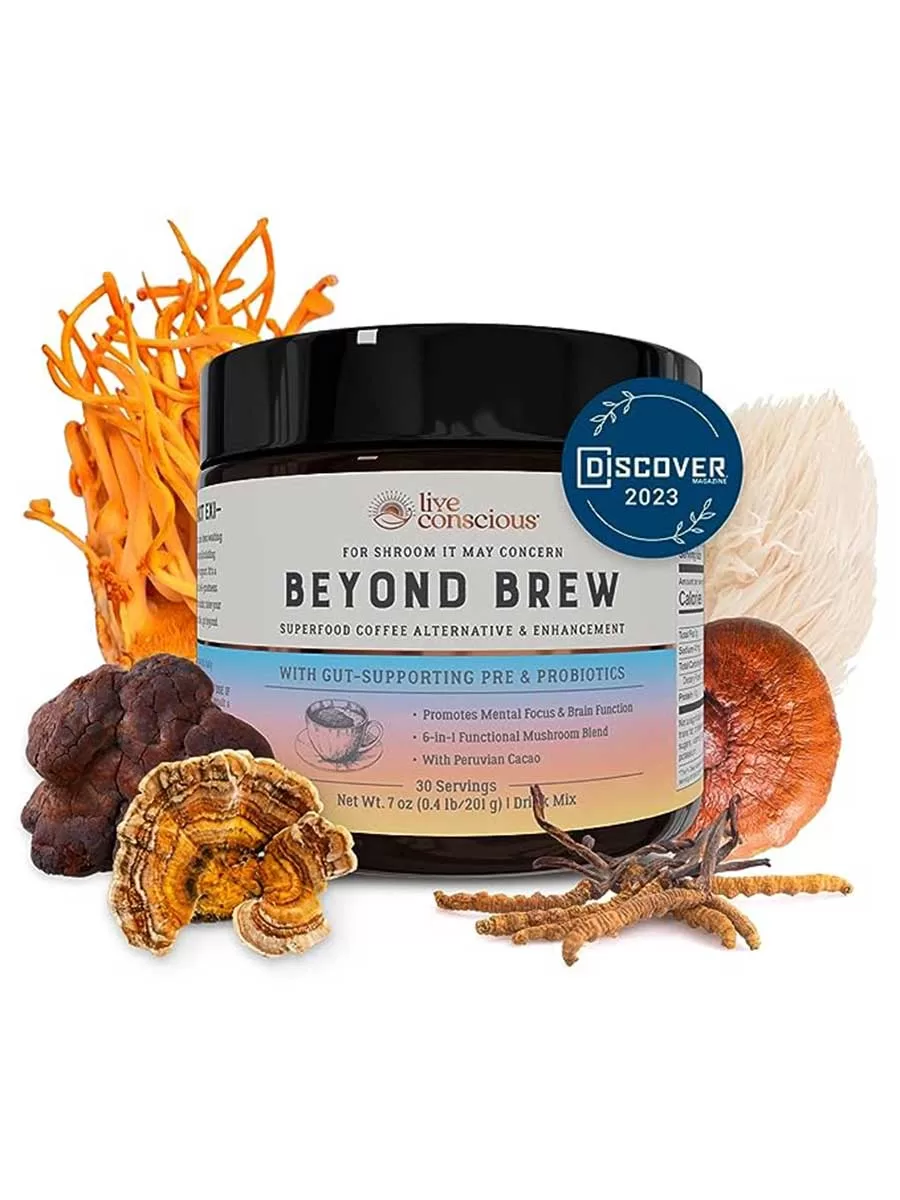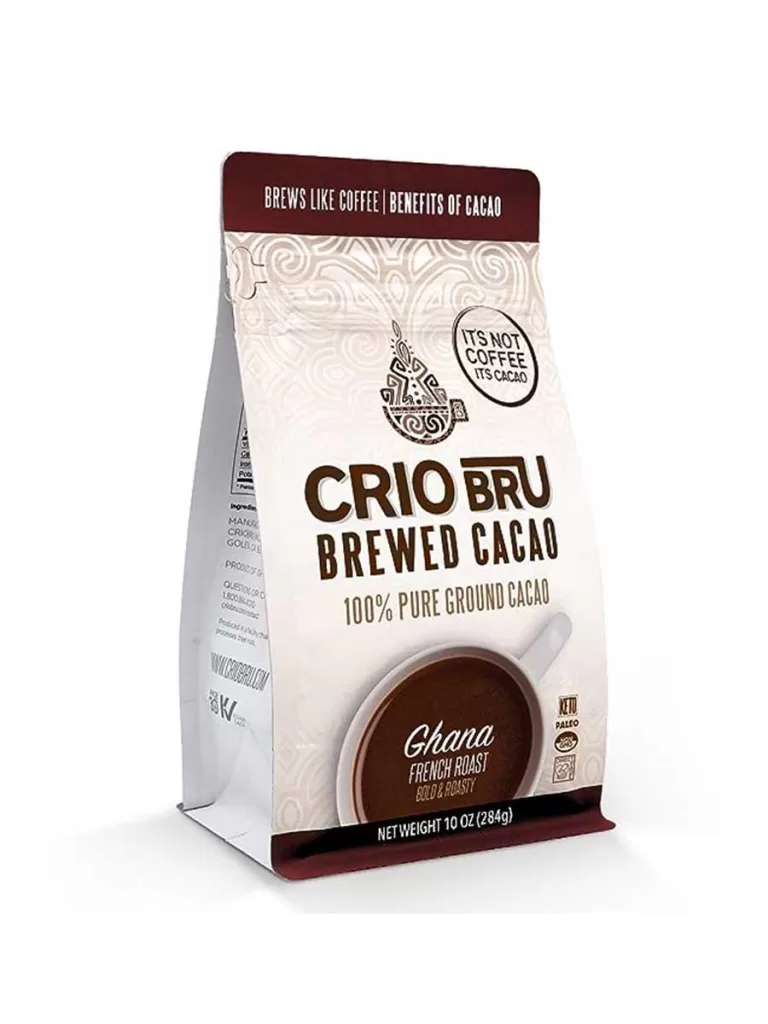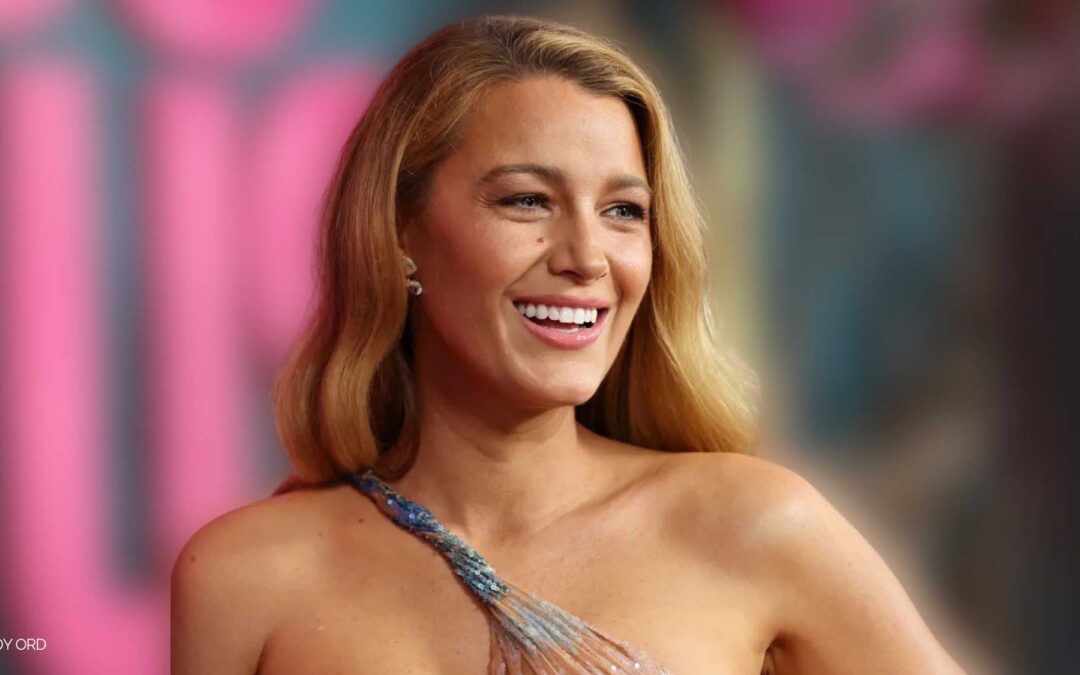Do you spend most nights in agony, tossing and turning, unable to sleep despite your exhaustion? All the while, the night stars seem to mock you as the rest of the world dreams soundly, just to wake up refreshed and refueled. Maybe your anxiety has been at an all-time high. And these days, just simply touching your hair is enough to make it fall out. I know those long nights and days all too well. But, can coffee cause these issues? Well, as someone who has battled and overcome all of these symptoms and more, what I can say is that giving up coffee was one of the best things I ever did.
Now, I know many of you are thinking, “I will absolutely not, and never will, give up coffee.” And that’s totally okay. But if you’ve experienced any of the symptoms I described above… Or when you’re chronically ill and in constant agony every second of the day, you’ll say goodbye to anything to make it stop. I have battled chronic illness for five years now. And from my experience, I can tell you that one of the best things I ever did to help my body heal and to escape these devastating symptoms truly was giving up coffee.
So if you want to stick to your caffeine routine, that’s totally fine. But for the rest of us, we know that it can often do more harm than good–especially when you’re already experiencing physical, emotional, or mental health issues.
Is Coffee Really to Blame?
I know many of you are probably skeptical, and that’s okay. I was too. You’re probably asking all the questions I asked myself: “Can coffee cause anxiety? Can coffee cause insomnia? Honestly, can coffee cause hair loss?”
These are all valid questions that have been asked and argued about for years. Many say “no,” while many studies and individuals argue “yes.” In this post, I hope that my personal experience and research findings can help you answer the question for yourself.
As someone who walked a devasting, lonely, and painful path for five years, it’s my ultimate goal to help those who might be struggling too find the healing they deserve. If I can help just one person get their life back and experience the joy of living again, that’s enough for me.
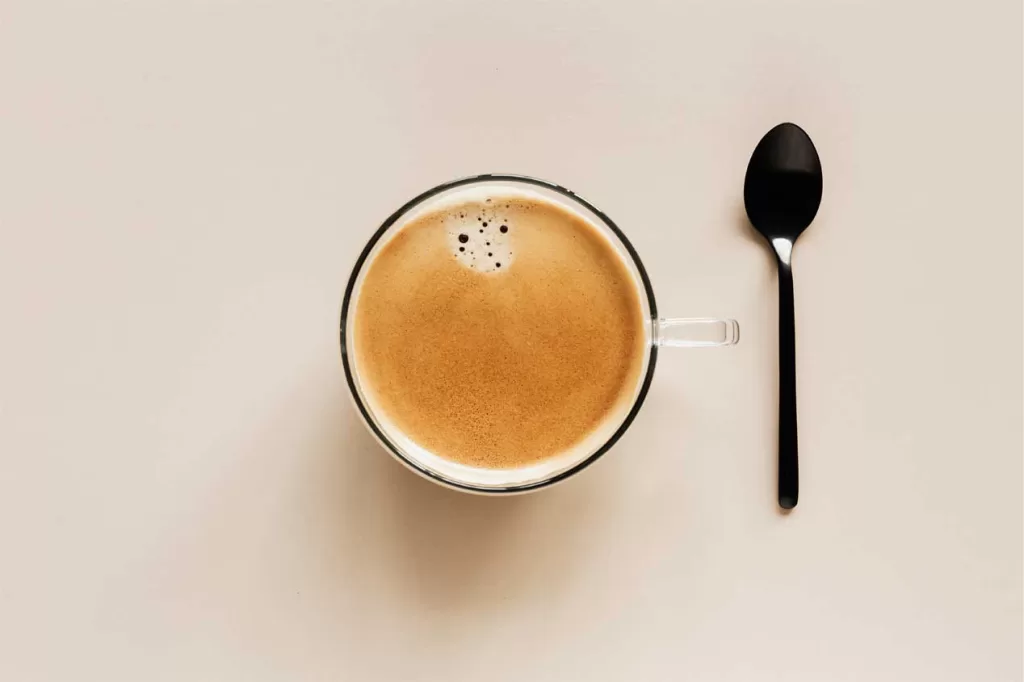
How Coffee Affects Your Body
To understand how coffee actually affects your body, you have to understand cortisol. Cortisol is the primary stress hormone released by our adrenal glands. It is responsible for many things including controlling our sleep-wake cycles, inflammation response, and determining how we gain or lose weight.
Our adrenal glands produce the most cortisol in the mornings to help our bodies wake up and ensure that we stay energized and alert during the day. So, what does this have to do with coffee? We all know that coffee is well-known and loved for its ability to “energize.” The energizing aspect, however, doesn’t come from the coffee, but the caffeine in it.
Unfortunately, every time we consume caffeine, it actually causes our body to produce and release even more cortisol. Not only does this throw it off its cycle of production and the natural cortisol concentrations in the body throughout the day, it can cause major adrenal fatigue and the devastating symptoms we mentioned before.
Can Coffee Cause Insomnia?
For the few lucky, no amount of caffeine is enough to disrupt their bodily functions or sleep patterns. But for many, including me, one cup of coffee is enough to send their bodies into a spiral (especially when already stressed).
Three important effects of caffeine you need to know: it blocks adenosine (which makes you feel sleepy), increases dopamine (which increases alertness), and suppresses melatonin (disrupting your sleep-wake cycle).
“But I only drink coffee in the morning. What’s the big deal?”
Yeah, I said that too. The truth is, caffeine and its effects can remain in the body for hours–sometimes even more than ten! This means that when you lay your head down at night, your morning cup of coffee could still be blocking neurotransmitters that allow you to fall and stay asleep.
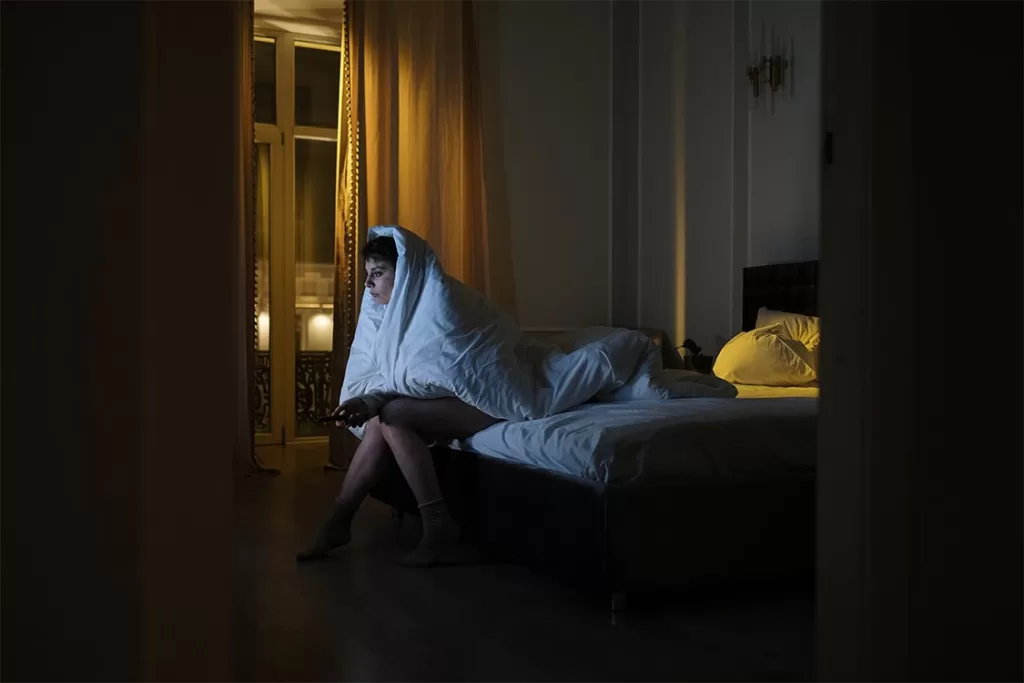
In addition, if your body is already under significant stress, elevated cortisol might be contributing to restlessness already.
Needing Coffee for Exhaustion, but Sleep Deprived Because of Coffee
During my health battle, my body was already under tremendous stress from chronic back pain and inflammation. These stressful periods caused my cortisol to remain elevated. To top it off, I did the worst thing I could have done for someone with already high cortisol: I doubled my caffeine intake throughout the day.
This only thrust my body into a toxic cycle of extreme stress. My sleep-wake cycle was destroyed. I had developed insomnia. For nearly four years I didn’t sleep (no joke). My body wasn’t just stressed from chronic pain. It was also constantly stressed from severe sleep deprivation and elevated cortisol levels.
The paradox was that my body couldn’t heal and de-stress because I couldn’t sleep. But I couldn’t sleep because my body was stressed.
Can Coffee Cause Anxiety?
Stress is the body’s reaction to a threat, whereas anxiety is the body’s reaction to the stress. If you’re already suffering from excess cortisol which is ca
All the effects of caffeine that we’ve mentioned above hold and keep the body in a cycle of stress. If insomnia is not resolved, it can lead to severe sleep deprivation. Sleep is imperative to healthy living and a quality life. Your health and the way you feel during the day depend (in part) on the quality of sleep you get at night.
Those who do not sleep much are more susceptible to disease, mental illness, and emotional problems. Studies show that “otherwise healthy people can experience increased anxiety and distress levels following poor sleep.” And since insomnia can be a natural result of issues such as anxiety and depression, this can thrust the individual into a perpetual cycle of insomnia-induced anxiety and anxiety-induced insomnia.
From Confident to Anxious; Peace to Panic
To speak from my experience, I had never been one to struggle with anxiety. Sure, I was known to be shy and to get nervous, but not necessarily anxious. I was actually pretty confident and outgoing. When I began experiencing sleep deprivation, anxiety suddenly became part of my daily experience (read how fashion helped me overcome my anxiety). I avoided social events like the plague and refrained from conversing with new people. My circle became very small, and very lonely. I was already experiencing depression from the effects of all the health issues I was battling, but that was enough to make it worse. And then, again, the cycle held me captive.
I wasn’t aware of the effects of caffeine, and naturally, I’d have a (very) large cup to wake me up in the morning. But I noticed that many days, after drinking my daily cups, my anxiety would slowly grow until it became a full blown anxiety or panic attack. Those always made me feel crazy. Heart racing, emotions all over the place, tears pouring down my face, my breath running away from me.
While many might argue that caffeine itself doesn’t cause anxiety directly, its effects can definitely lead to it. Especially in individuals who are already experiencing stress and health problems. For me, my body was already in constant fight or flight mode, and unfortunately, caffeine only made it 100x worse.
Can Coffee Cause Hair Loss?
While coffee itself might not cause hair loss, the effects of caffeine certainly lead to it. The biggest effect that is most to blame for hair loss is stress.
Again, sleep deprivation, adrenal fatigue, and excess cortisol all contribute to high levels of stress. And when the body can’t catch a break and receive the sleep and care it needs to heal, it stops prioritizing the less important parts of our body.
We need a healthy brain and a healthy heart to survive. What we don’t need, however, is hair. So when your body is suffering or under chronic stress, hair will always be one of the first things to suffer.

Additionally, caffeine is said to deplete the body of minerals. We know it can lead to dehydration, but it apparently also leaches the body of magnesium. Not good, since magnesium is one of the top minerals most are deficient in already. Magnesium plays an important role in over 300 biochemical reactions in the body. To name a few, magnesium helps us sleep (magnesium glycinate), supports healthy bones, and promotes hair growth and healthy follicles.
This explains many of my health issues. Loss of appetite, poor sleep, hair loss (learn how I grew my hair back, here), and chronic back pain! And every cup of coffee I drank during the day only reinforced and increased the intensity of my symptoms.
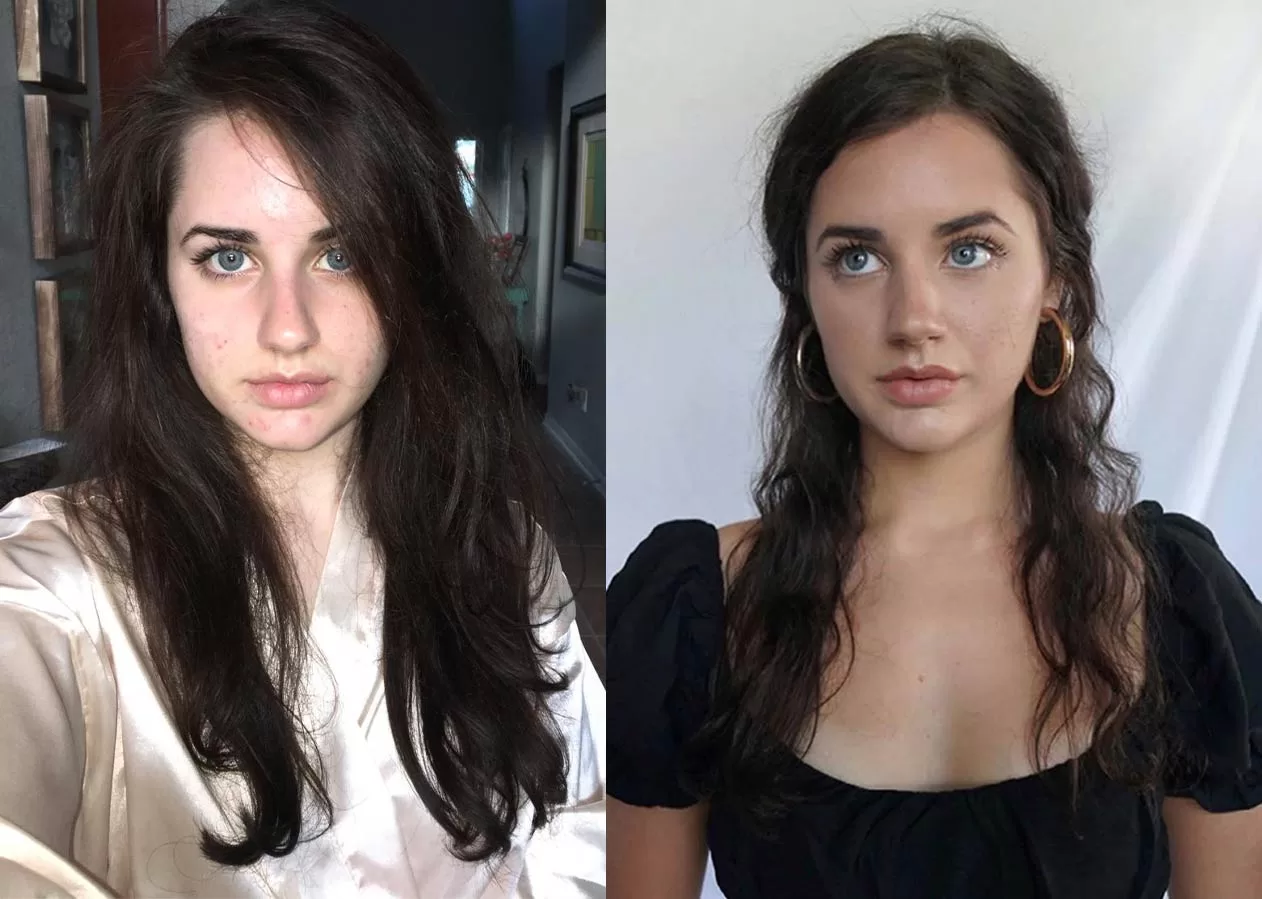
Before & during my hair loss
These pictures don’t even capture the extense of my hair loss. Before my health battle, my hair was very long and very thick. Afterwards, half of my hair was gone and from the base of my skull down, you could see through my ends.
A Trade for A Better, Healthier Life
Many might argue (and many do) that caffeine is not responsible for the side effects and issues mentioned above. But the numerous studies, and the personal stories and experiences (including mine), speak for themselves.
Giving up coffee sucks. I know. But I also know the torment that comes with weeks, months, and even years of no sleep. I know the pain of losing your hair, and suddenly questioning your beauty and your worth because of it. I know, all too well, the utter humiliation you feel over your appearance and your newfound social anxiety. And when the body is sick and unable to heal, every little thing that goes into your body counts So, for me, giving up coffee was an easy decision. And the positive change it made in my life was 100% worth it.
It’s worth a shot, right?
Caffeine might be fine for most people, but if you find yourself in a similar battle that I was in, I’d definitely recommend giving it up. If you’re in a situation as desperate as I was, the pain of remaining sick is worse than the sacrifice.
The worst thing that could happen is that you find out it’s not the culprit. And wouldn’t that be a good thing!? The best thing that could happen is that you start sleeping better, your body and mind start healing, and you say goodbye to your anxiety. You get your life back–that’s how it felt for me at least.
Coffee Alternatives
If you can’t imagine giving up your favorite comfort beverage in the morning, luckily there are many coffee alternatives on the market today.
Coffee has been part of my morning routine for as long as I can remember. So, naturally, it was extremely difficult for me to break the habit and resist its temptation. So instead, I opted for an alternative on the mornings when I just craved at least something. You can also opt for decaf if you still want that coffee flavor. Decaf still has a bit of caffeine but only about 2 mg as compared to 95 mg in regular coffee.
Below are a few coffee alternatives that can help you kick the habit but still provide the warmth and comfort that coffee provides. Of course, no alternative will taste exactly like coffee, but they’re tasty enough to help you persevere on your healing journey.
Anthony’s – Instant Chicory Root
With a bit of coconut milk, this coffee alternative helped me say goodbye to caffeine.

